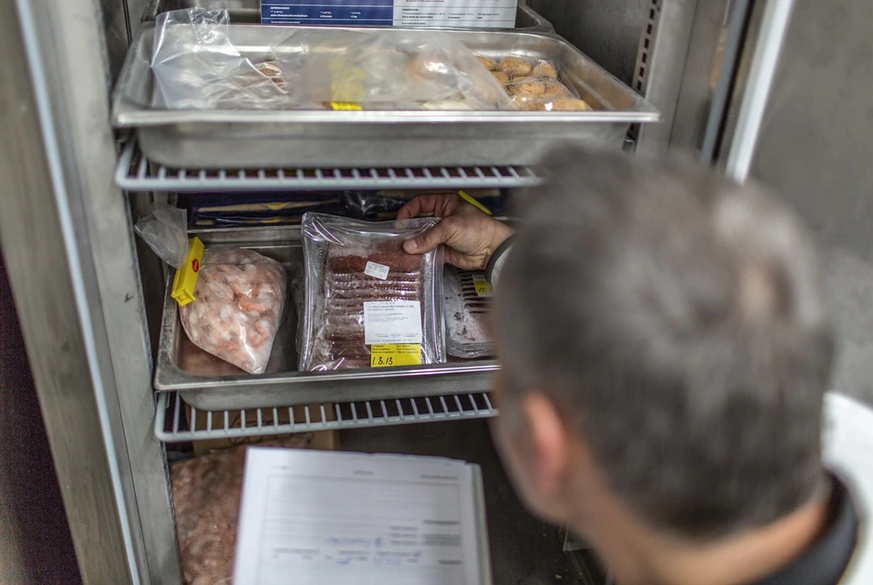Switzerland, home to many big multinationals, has an average corporation tax rate of just under 15%, but some of its individual low-tax cantons such as Zug (in photo) have lower rates again. Keystone / Alessandro Della Bella Switzerland will implement from 2024 the minimum tax rate for large multinational firms under a global tax deal. The federal government will get a quarter and regional and local authorities three-quarters of revenue, it said on Thursday, outlining how the deal would be implemented. “Based on the results of consultations, the Confederation should receive 25% of the receipts from the supplementary tax and use the funds for the benefit of Switzerland as a business location. The remaining 75% will go to the cantons and municipalities,” the finance
Topics:
Swissinfo considers the following as important: 3.) Swissinfo Business and Economy, 3) Swiss Markets and News, Featured, Latest News, newsletter
This could be interesting, too:
Nachrichten Ticker - www.finanzen.ch writes Die Performance der Kryptowährungen in KW 9: Das hat sich bei Bitcoin, Ether & Co. getan
Nachrichten Ticker - www.finanzen.ch writes Wer verbirgt sich hinter der Ethereum-Technologie?
Martin Hartmann writes Eine Analyse nach den Lehren von Milton Friedman
Marc Chandler writes March 2025 Monthly

Switzerland, home to many big multinationals, has an average corporation tax rate of just under 15%, but some of its individual low-tax cantons such as Zug (in photo) have lower rates again. Keystone / Alessandro Della Bella
Switzerland will implement from 2024 the minimum tax rate for large multinational firms under a global tax deal. The federal government will get a quarter and regional and local authorities three-quarters of revenue, it said on Thursday, outlining how the deal would be implemented.
“Based on the results of consultations, the Confederation should receive 25% of the receipts from the supplementary tax and use the funds for the benefit of Switzerland as a business location. The remaining 75% will go to the cantons and municipalities,” the finance ministry saidExternal link.
Switzerland saidExternal link in January it would implement from 2024 the minimum tax rate of 15% for companies with a turnover of more than €750 million (CHF786 million), agreed last year by the Organisation for Economic Co-operation and Development (OECD)External link and G20 member states.
For the federal budget, the revenue would have a neutral impact, the government said. Cantons can decide for themselves how to use the tax money.
Finance Minister Ueli Maurer has said around 200 Swiss companies and around 2,000 Swiss subsidiaries of foreign groups would be affected by the move, which he said provided legal certainty and ensured tax revenue remained in Switzerland. The 600,000 companies that only operate in the Alpine country will not be affected by the deal.
The OECD last month acknowledged that the tax deal may take until 2024 to implement, a year later than first planned.
Switzerland estimated in March it could get up to CHF2.5 billion ($2.6 billion) in extra revenue by implementing the supplemental tax designed to ensure big companies pay the standard global minimum tax rate.
Switzerland had been in the international spotlight for years because cantons had a special tax status for foreign companies that meant some paid virtually no tax over an effective federal tax of 7.8%. That is now ending.
Tags: Featured,Latest news,newsletter








